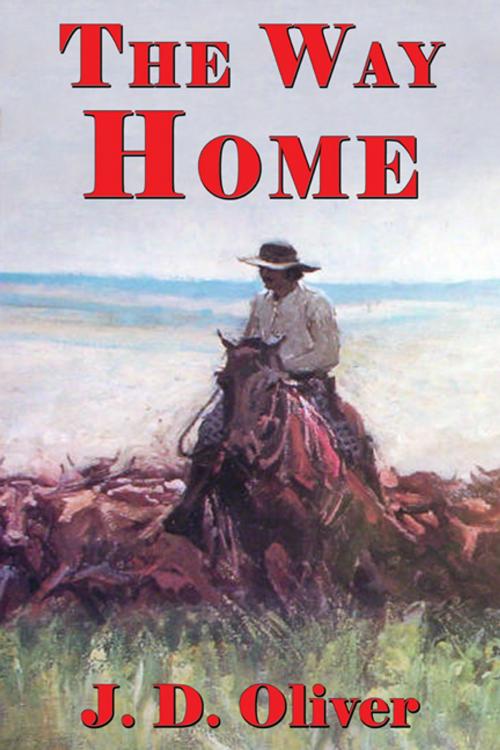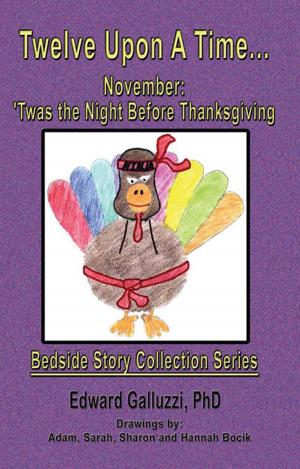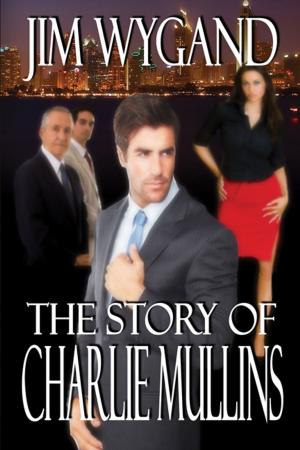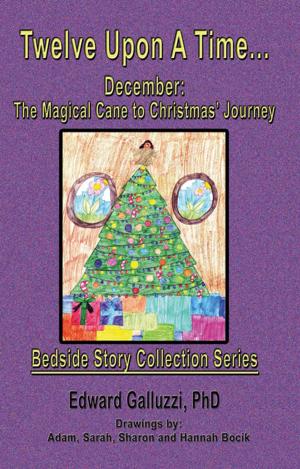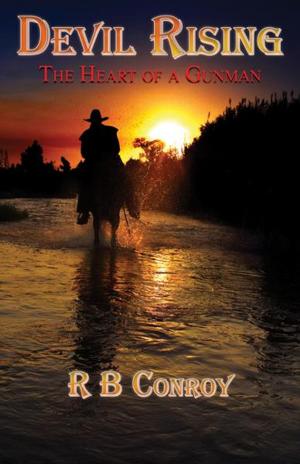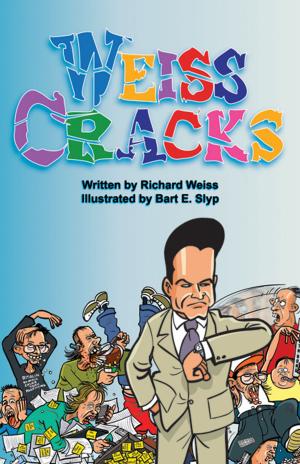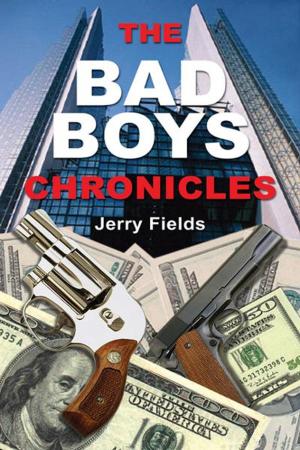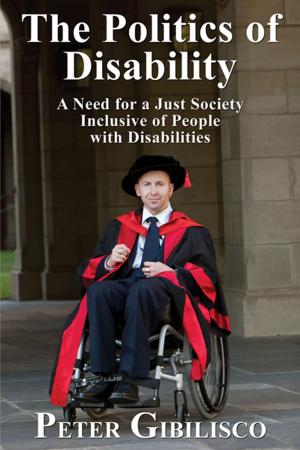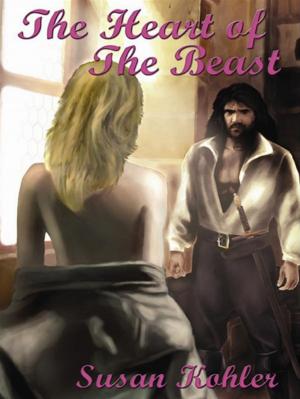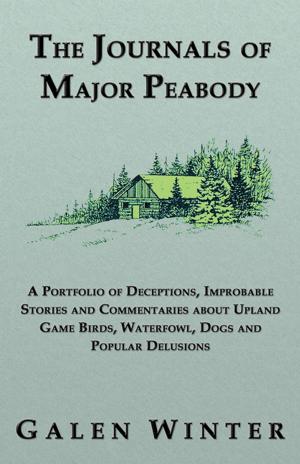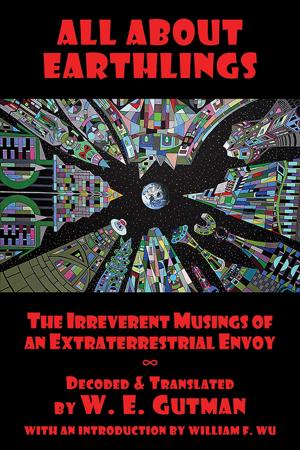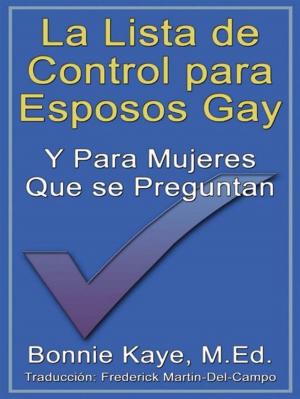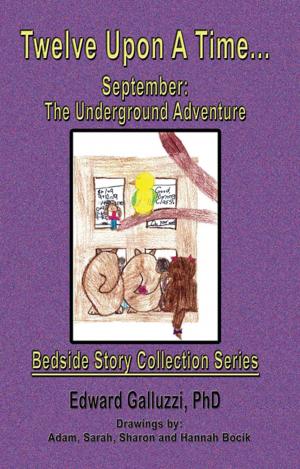| Author: | J. D. Oliver | ISBN: | 9781771430593 |
| Publisher: | CCB Publishing | Publication: | April 4, 2013 |
| Imprint: | CCB Publishing | Language: | English |
| Author: | J. D. Oliver |
| ISBN: | 9781771430593 |
| Publisher: | CCB Publishing |
| Publication: | April 4, 2013 |
| Imprint: | CCB Publishing |
| Language: | English |
In the winter of 1886-87 the Cattlemen in Wyoming and Montana lost over ninety percent of their herds. The cold and snow started in the last part of December and lasted through March. Many of the ranches were owned by the English. After their devastating losses many of those English ranchers gave up and went back to England. Therein lays the start of the story of The Angel and The Cowboy and their quest to find their way home. Home means a lot of different things to a lot of different people. Is home a physical place or a place in your mind? There is a saying: “Its the ride and not the destination.” Pecos Pete was a fabled cartoon character who roped a Tornado and rode it for the ride of his cartoon life. Trea Gordon had no idea that he was in for just such a ride when he opened his eyes in a hospital bed in Chicago and saw his Angel standing there. About the Author: J. D. Oliver highlights the struggle between good and evil in all his work, whether it is novels or the Cowboy Poetry he writes and performs. History, incredible knowledge of the world and the type of people who inhabit it are all present in his work. J. D. was born in Montana, where his roots go back to the early 1800s. Both sets of his grandparents homesteaded in Montana; on his mothers side, on a dry land wheat farm in Central Montana, Highwood to be exact. On his fathers side it was on a cattle ranch in south central Montana, in the little town of Edgar, where he went to school with the Crow Indian children from Pryor, Montana. He traveled widely in the Navy and worked in the logging industry as well as an Operating Engineer, building roads and dams. However he always came back to the homestead during winter to help feed cattle with his Dad. J. D. is married with two children, seven grandchildren and three great-grandchildren. This is J. D. Olivers sixth book. His first five titles include: I Awoke to Silence, Wail Not!, Hope Dies Last, As the Eagle Flies and Trego.
In the winter of 1886-87 the Cattlemen in Wyoming and Montana lost over ninety percent of their herds. The cold and snow started in the last part of December and lasted through March. Many of the ranches were owned by the English. After their devastating losses many of those English ranchers gave up and went back to England. Therein lays the start of the story of The Angel and The Cowboy and their quest to find their way home. Home means a lot of different things to a lot of different people. Is home a physical place or a place in your mind? There is a saying: “Its the ride and not the destination.” Pecos Pete was a fabled cartoon character who roped a Tornado and rode it for the ride of his cartoon life. Trea Gordon had no idea that he was in for just such a ride when he opened his eyes in a hospital bed in Chicago and saw his Angel standing there. About the Author: J. D. Oliver highlights the struggle between good and evil in all his work, whether it is novels or the Cowboy Poetry he writes and performs. History, incredible knowledge of the world and the type of people who inhabit it are all present in his work. J. D. was born in Montana, where his roots go back to the early 1800s. Both sets of his grandparents homesteaded in Montana; on his mothers side, on a dry land wheat farm in Central Montana, Highwood to be exact. On his fathers side it was on a cattle ranch in south central Montana, in the little town of Edgar, where he went to school with the Crow Indian children from Pryor, Montana. He traveled widely in the Navy and worked in the logging industry as well as an Operating Engineer, building roads and dams. However he always came back to the homestead during winter to help feed cattle with his Dad. J. D. is married with two children, seven grandchildren and three great-grandchildren. This is J. D. Olivers sixth book. His first five titles include: I Awoke to Silence, Wail Not!, Hope Dies Last, As the Eagle Flies and Trego.
